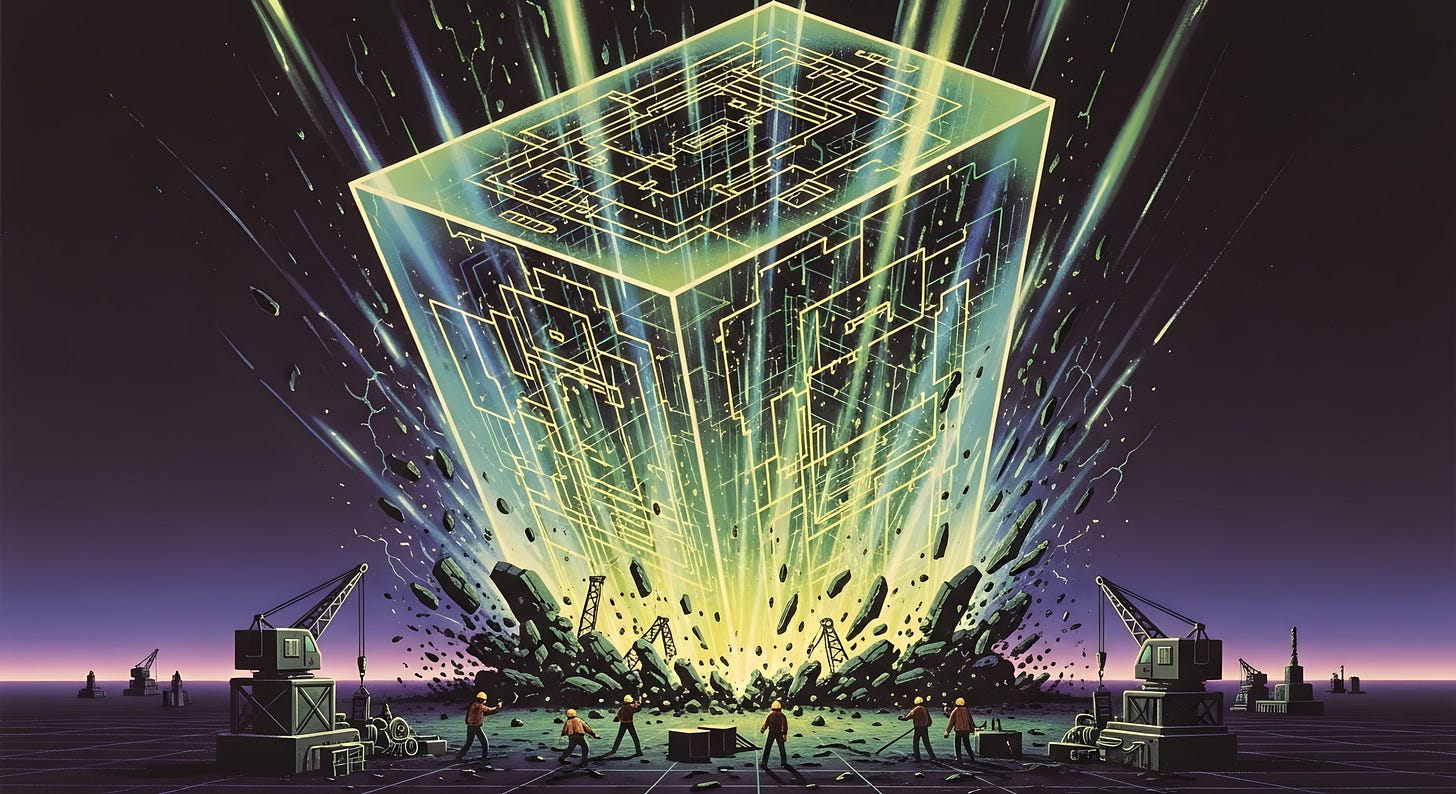Adapt! Faster!
Reading OpenAI's article "AI Progress and Recommendations"
Recently, OpenAI put out an article titled AI Progress and Recommendations. It says that AI is accelerating faster than most people realize, and becoming a foundational utility (like water or electricity). Here’s where we’re at:
The cost of a given level of intelligence is dropping like a stone: AI has jumped from handling tasks a person completes in seconds to tasks taking an hour, specifically in software engineering. They expect systems to handle tasks taking days or weeks “soon.”
The current perception lags significantly behind the reality of what the models can do: Most people view AI as better search or a chatbot. OpenAI states their systems can already “outperform the smartest humans at some of our most challenging intellectual competitions.”
‘Discovery’ is the Next Milestone: They predict AI will make “very small discoveries” in 2026 and “more significant discoveries” in 2028 and beyond. This shifts the function of AI from a tool to an independent intellectual force.
For an audience focused on building things, the OpenAI announcement emphasizes three core themes:
Automation: The rate of progress in AI’s ability to handle complex software tasks means basic to intermediate coding and testing work will be fully automated soon.
Upskilling: The systems are “80% of the way to an AI researcher” for some problems. Developers who focus on simple tasks will see their value quickly eroded.
Dependability: Massive market opportunities are emerging to build the guardrails, monitoring, and defense layers for AI-driven software.
In short: Your current tools are already obsolete, but you might become an Executive Producer for machines that code themselves. Easy peasy. That’s the dream that is being sold at the moment, and it shouldn’t be completely dismissed. There are examples and true believers (e.g., “Sirio” on Youtube: Why AI-Powered Creators Will Become the Next Billionaires).
This is again one of those situations where the mere vagueness of the thing—our future with AI—serves as an empty canvas against which one can project one’s wishes and dreams. Everything’s charmingly chaotic.
Sources
“AI progress and recommendations” by Open AI



This article comes at the perfect time, realy highlights the urgency. Do you think AI making 'discoveries' will make us question human creativity more? Realy insightful analysis!